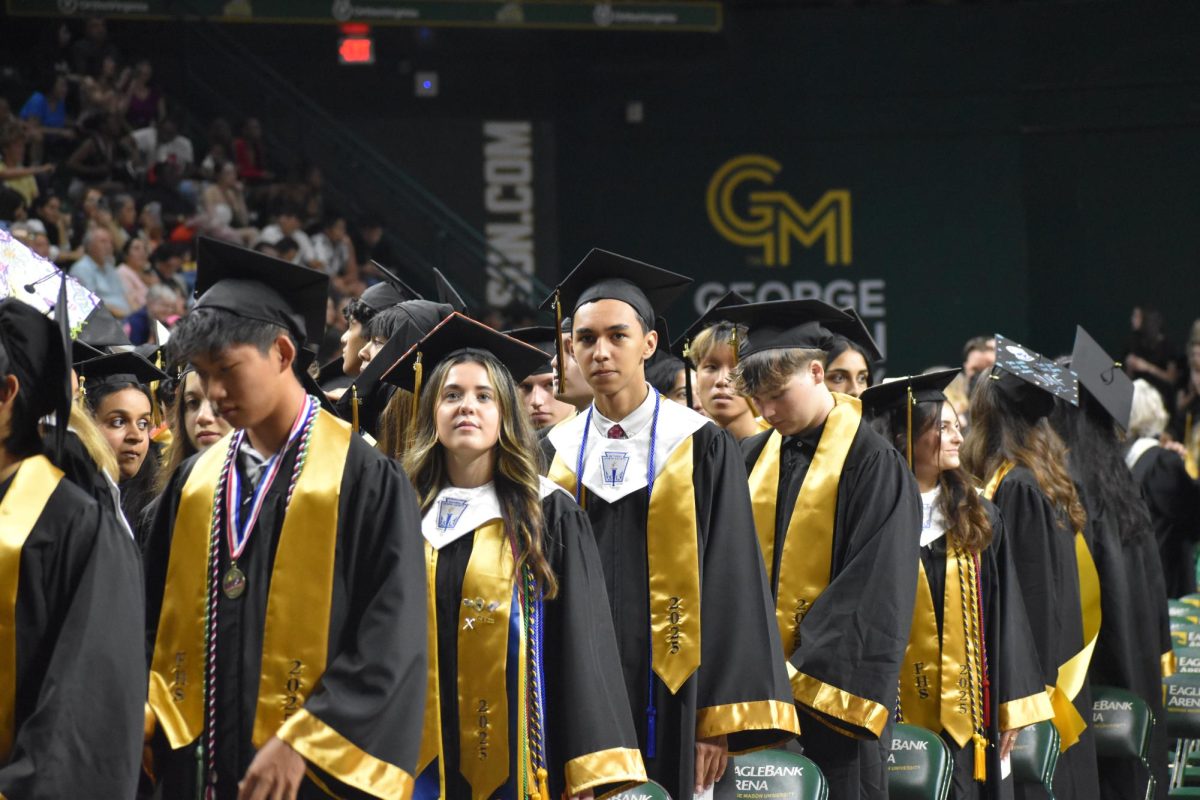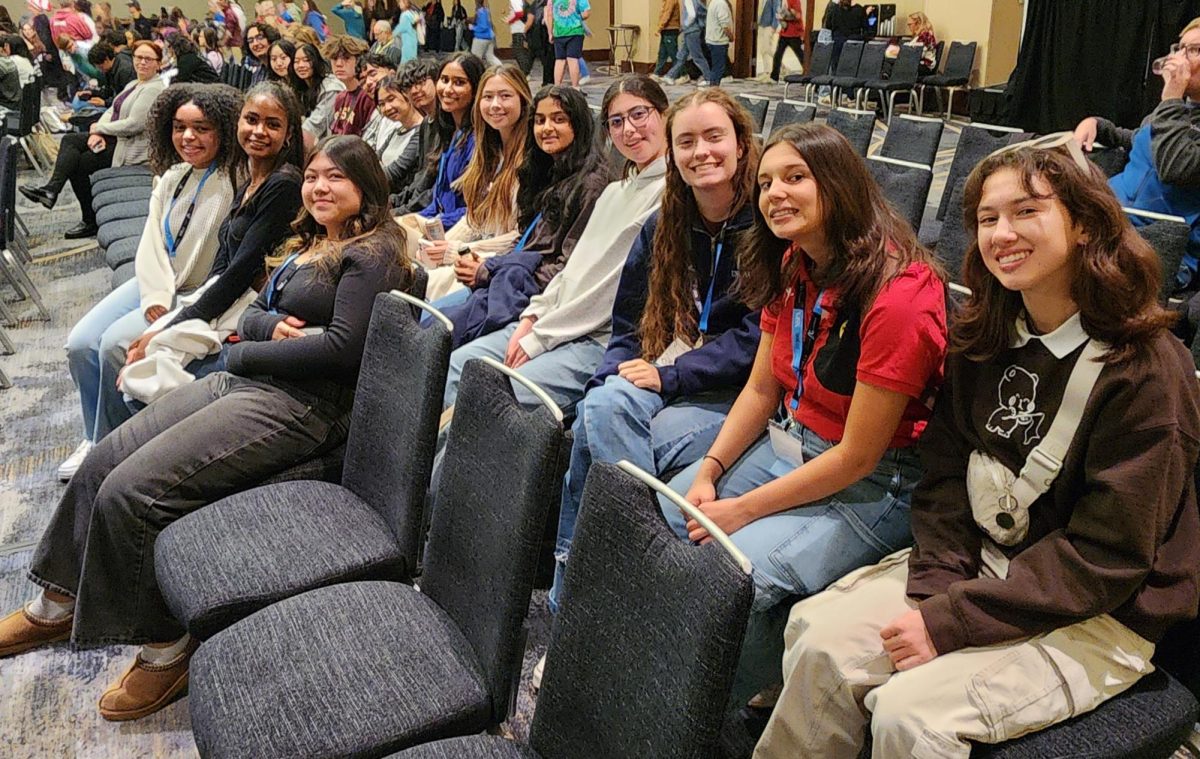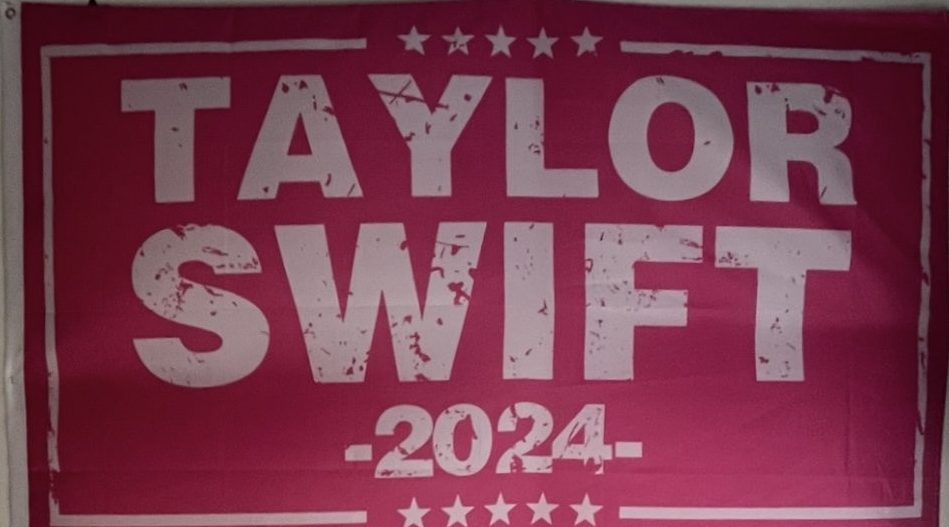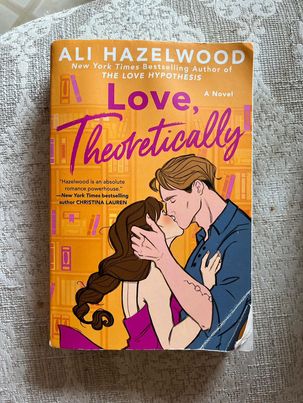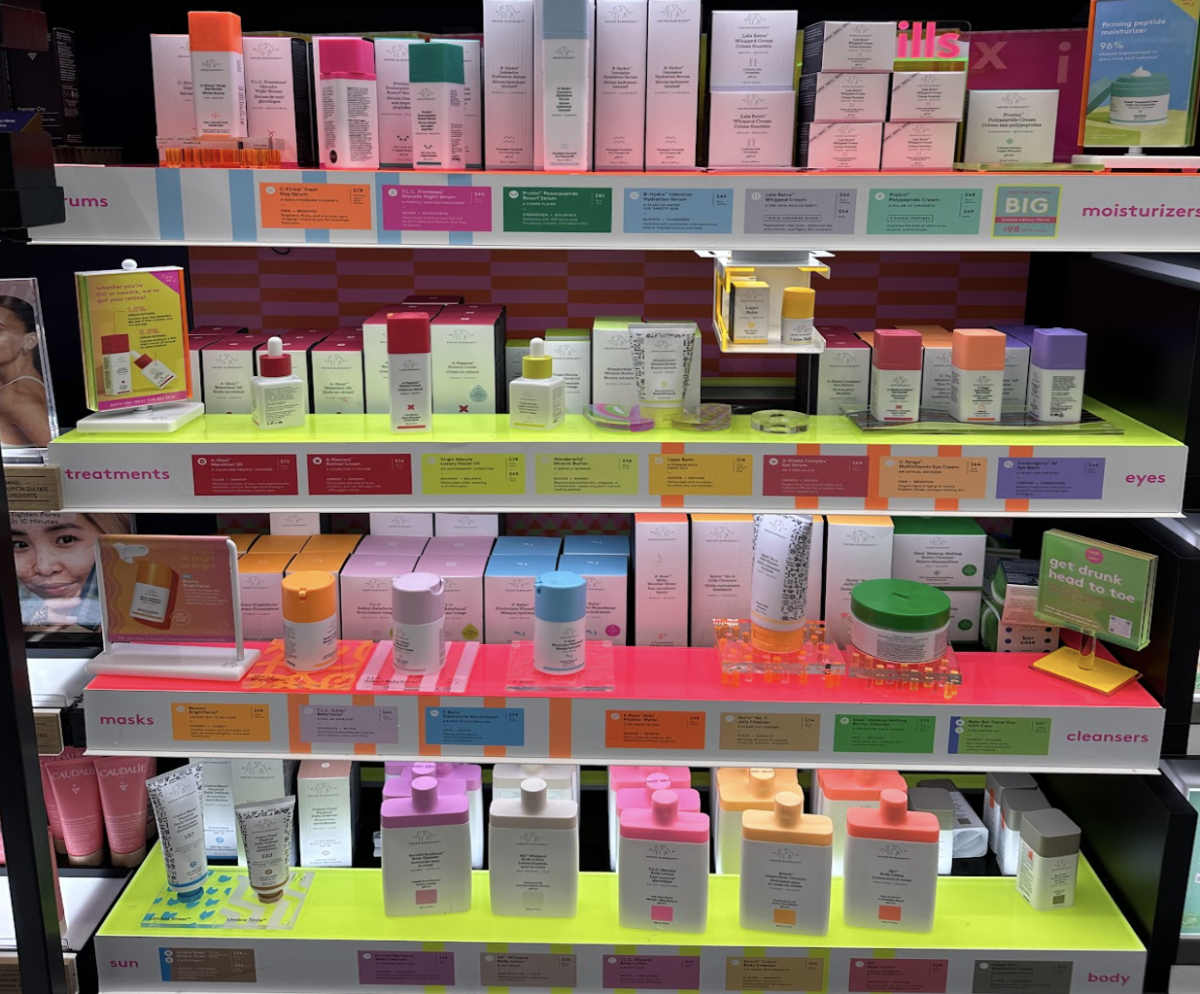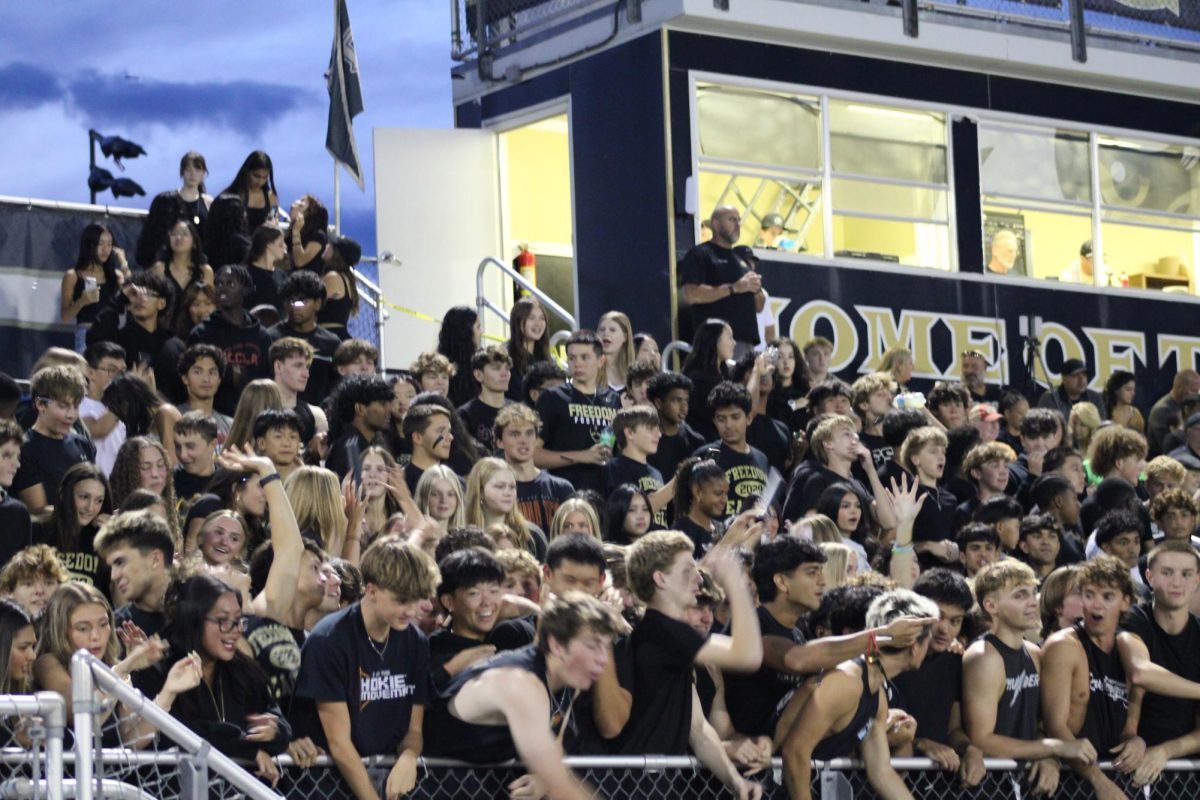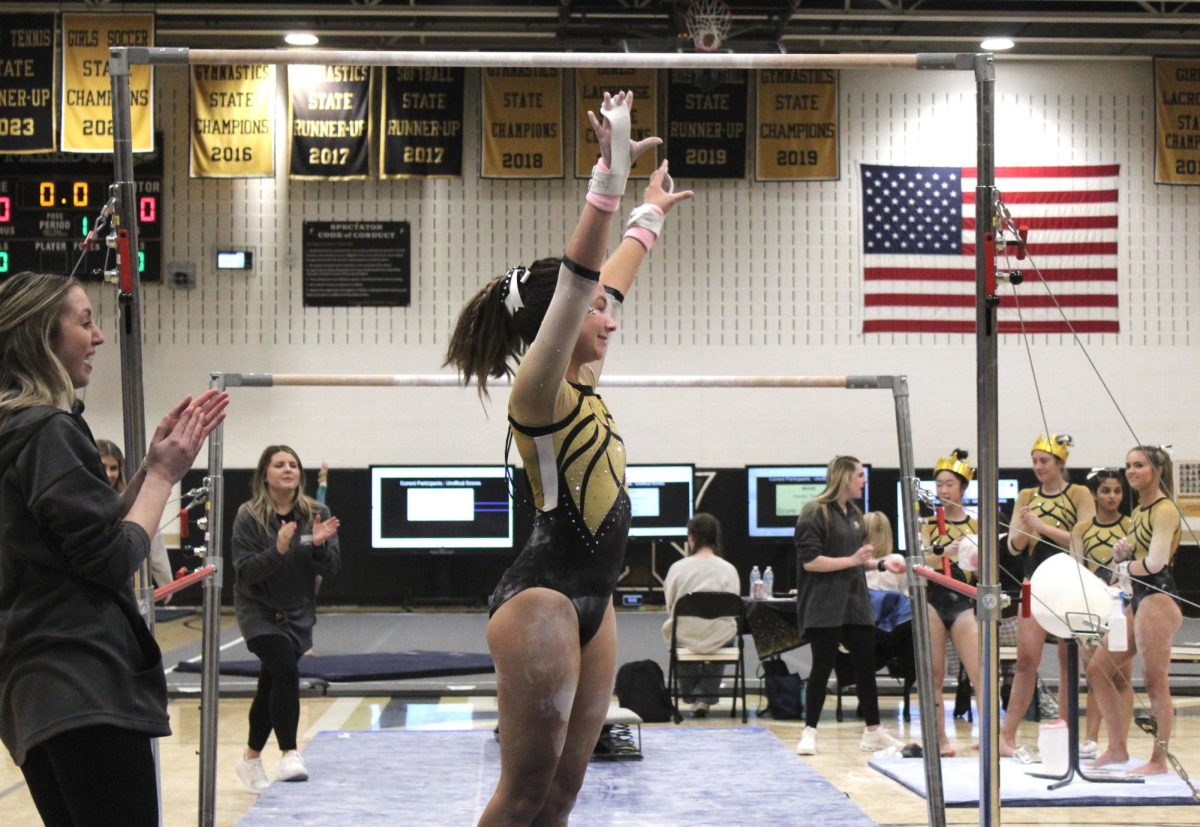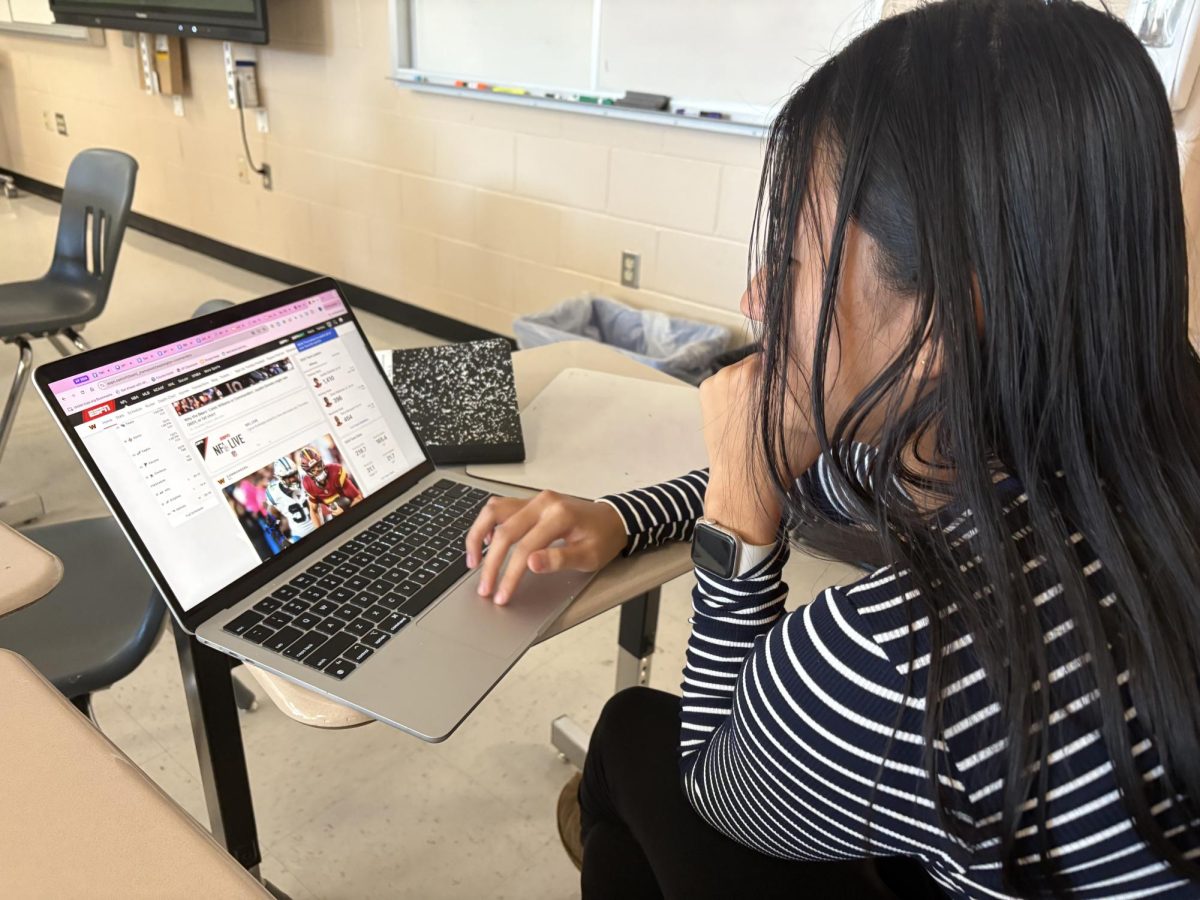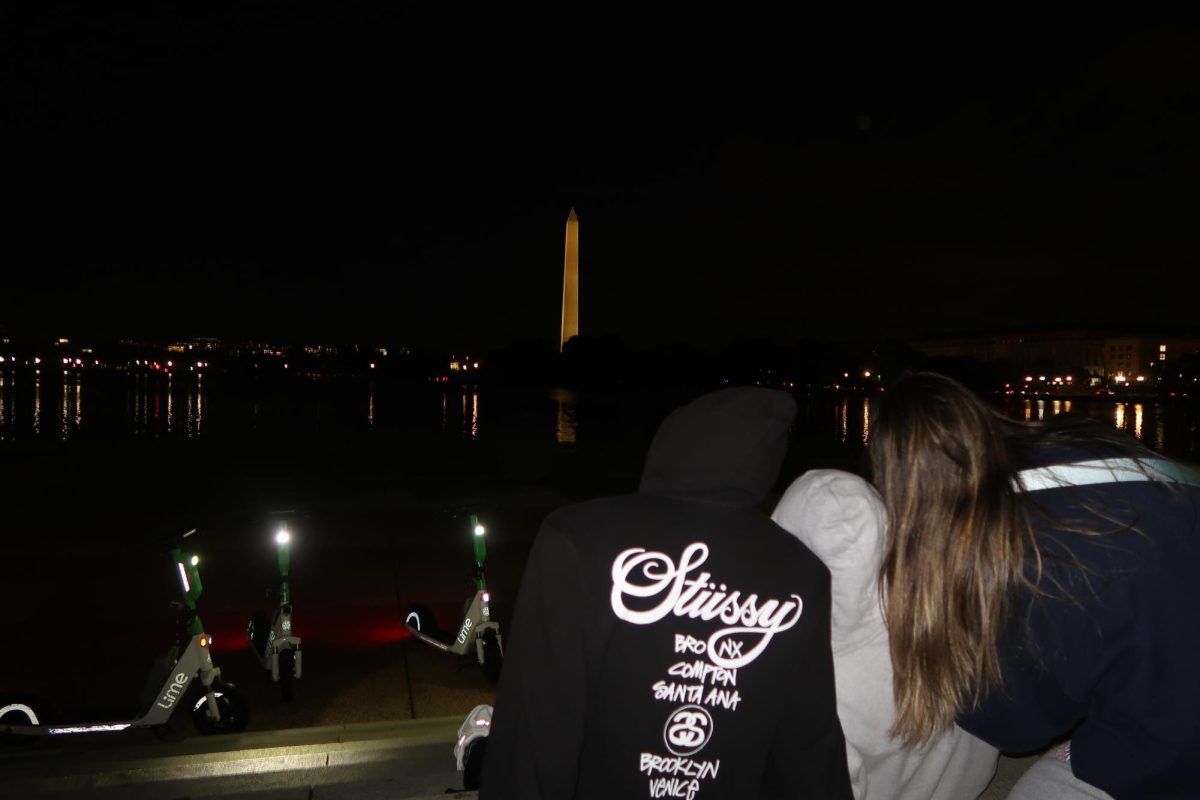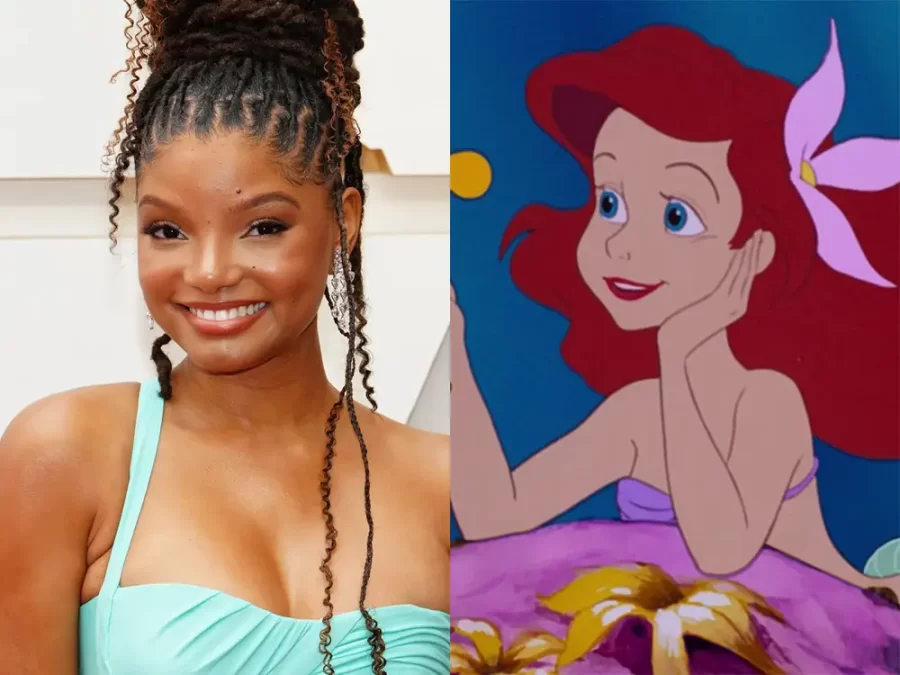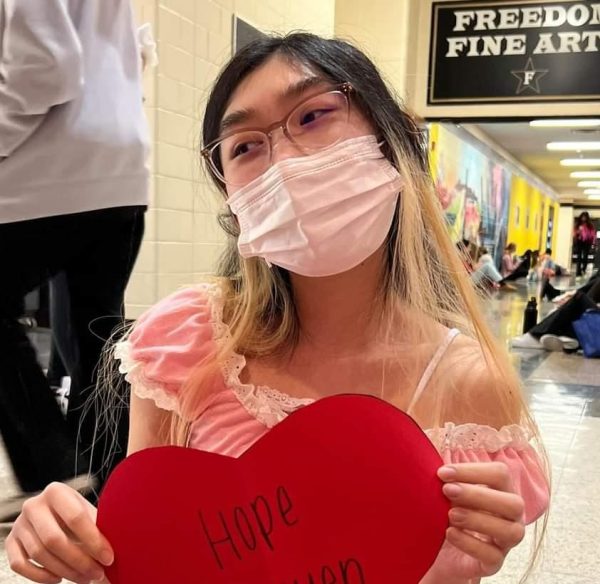Disney’s Live Action Little Mermaid Sparks Debate about Representation
Photo of Halle Bailey provided by Insider.
Photo of Halle Bailey provided by Insider.
December 15, 2022
Disney has been making live action remakes of their animated movies since 1994 starting with “The Jungle Book,” and in 2022 their most recent “Pinocchio.”
However, as the years have gone by and the Disney live action remakes have started to veer towards the renaissance era of animated movies, the movies have started to receive large amounts of scrutiny and criticism from audiences. Particularly with “The Little Mermaid,” which isn’t to be released until 2023.
There is major controversy for the live action “Little Mermaid’s” casting, specifically Ariel’s casting. The internet is divided on the racebending of the story’s main character, and many are speaking out about it.
There were outcries that a black mermaid being depicted on screen was unrealistic, but many people argued against it.
“Its just fiction so it doesn’t need to be specific or realistic,” said junior Alex Wu.
Others pointed out the hypocrisy of saying a film about a mermaid was too unrealistic.
“I don’t think it matters [if she’s black],” said junior Marz Pugh. “I think it’s good for children of other races get to see role models in their race. People are saying it’s not scientifically accurate but it’s not real. If mermaids were real they’d be translucent.”
While some people are praising the live action remake for it’s diverse casting, others are saying it is hypocritical for a white character to be able to be race swapped but not the other way around.
“Turning a white person into a POC is okay because we don’t see a lot of POC in movies or shows or media most people consume. But turning a POC into a white person is not okay because we see too many white people and need more POC,” Wu said.
The topic about racebending opened up discussions about when it is okay to change a character’s race in media and when it isn’t.
“If people are white washing and saying they look better that way then it’s not okay. If someone is trying to do fanart and trying to make them Black or Asian or Native American that’s fine, but if they’re saying they should be different then their canonical race because they think it looks better than that’s kind of iffy,” Pugh said.
Many others are defending the choice of Halle Bailey’s casting as Ariel on the basis of morality and what seeing a black princess could do for young black girls across America.
“I think Ariel being a person of color is a great idea,” Wu said. “I saw all of the stuff online about the little black girls excited to see a black Ariel and that’s what we need to see more of. We see too many POC girls seeing white girls and wanting to be like them. We need more [representation].
Many people online who are vocally against Ariel being black are being met with scrutiny and accusations of prejudice.
“They want to keep everything original cause they don’t like change,” Pugh said.
Others also argued that casting in movies, television shows, plays, or musicals should be based regardless of race.
“They want to stick to the original, which I think is just messed up because [they should] let people play who they want to play,” Wu said.
Some people shared the opinion that there should be exceptions to casting based off race.
“It should only matter when they [the character] are supposed to be a POC or if it’s important to the story,” Pugh said. “Like if it’s a story about growing up and dealing with racism then I think it is important.”
The racebending of Ariel has opened up conversations about representation, diversity, and how the media has effects on people’s perceptions of one another in real life.
“As a trans gay person I think it is very important,” Pugh said. “Because I don’t see people who look like me in the media, and I don’t feel as represented. I feel there should be more representation.”
According to The 2020 Hollywood diversity report, a workplace analysis of 11 major and mid-major studios found that 91% of C-Level positions are held by white people and 82% held by men. Among senior executive positions, 93% are held by white people and 80% by men.
Positive media representation of all minorities and marginalized people can lead to increasing self esteem for those people. Exposure through media can also assist in reducing stereotypes of often underrepresented groups.
Representation has been argued to be important by many social justice groups because it allows members of minority groups to see themselves reflected in the world around them, and can help to validate their experiences and identities. With more diverse representation appearing in the media everyday, there is hope that it can lead to greater inclusion and equality, and promote understanding and solidarity.

